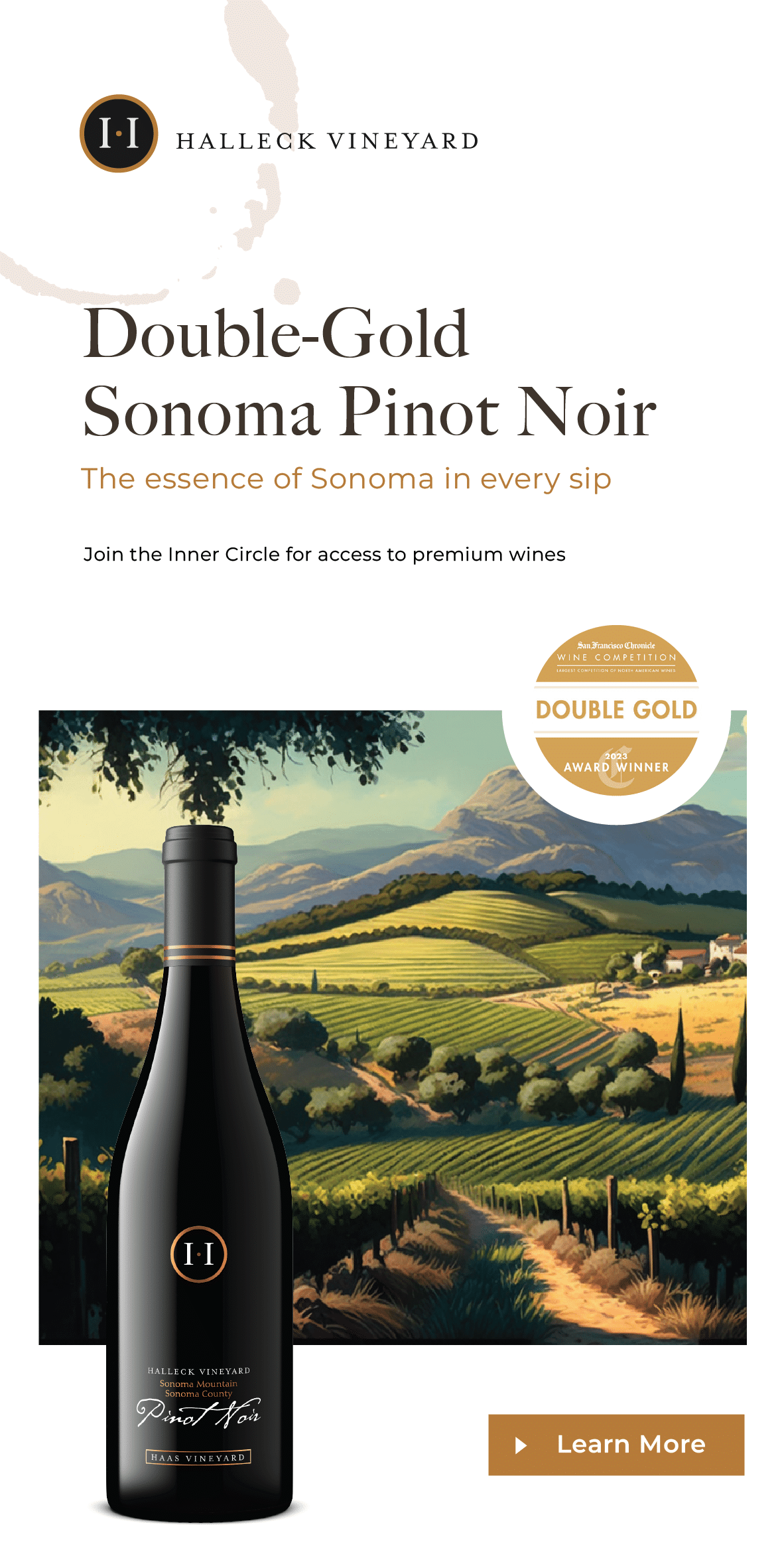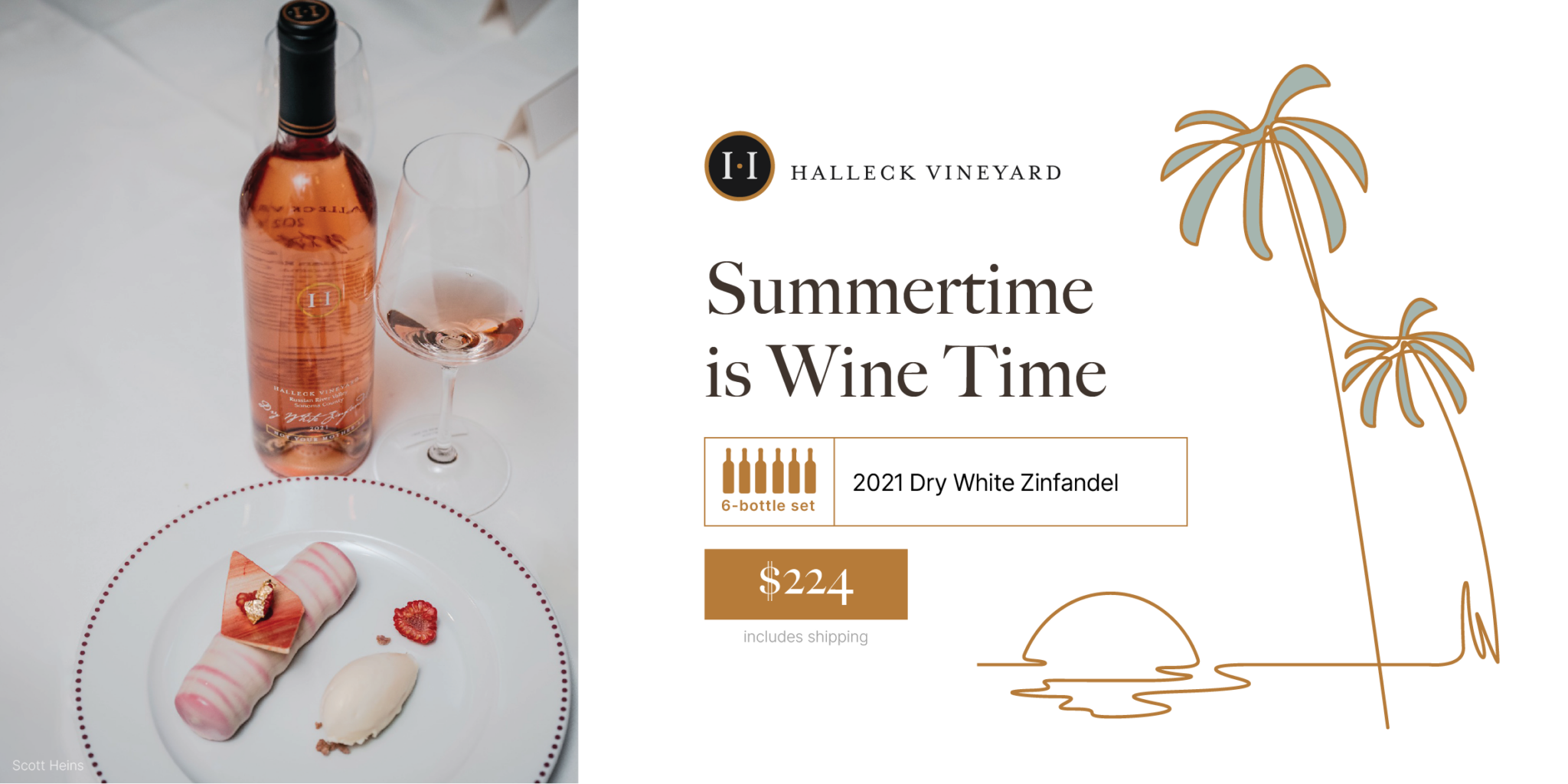Beautiful Picnic Areas At Sonoma Wineries - Sonoma Wine Culture
Wine tasting is commonly regarded as an art form, one which goes beyond merely enjoying a beverage. It embraces a posh interplay of flavors, aromas, and textures that requires devoted practice to truly grasp. Many who enterprise into the world of wine tasting shortly notice that it includes rather more than just sipping wine. Bettering sensory skills through devoted winery wine tasting can elevate the experience, transforming an off-the-cuff drinking occasion into a classy exploration of the senses.
At a basic degree, wine tasting engages the senses of sight, scent, taste, contact, and even sound. Every component performs a vital role in appreciating the nuances of a wine. When one first pours a glass of wine, the wealthy hues can present initial insights into its age and varietal. Observing the colour and readability helps form expectations in regards to the wine's flavor profile. Many don’t fully respect how this visible assessment can set the stage for what is to comply with.
The subsequent step is to engage the sense of smell. Swirling the glass aerates the wine, allowing its risky compounds to flee and fill the air with its bouquet. The nostril entails some fascinating layers—different aromas can sign various aspects of the winemaking process, including the sort of grapes used, fermentation strategies, and getting older conditions. Developing a keen sense of odor is often a game-changer in wine tasting.
Small Batch Wineries In Sonoma Valley - Wine Tasting Experiences In Sebastopol
To enhance this sensory skill, wine enthusiasts are sometimes inspired to participate in dedicated tastings at wineries. These tastings enable individuals to focus solely on the sensory experience (Wineries With Locally Sourced Food Options). Tasting periods led by knowledgeable sommeliers or winemakers can offer insights into figuring out distinct aromas. Learning to distinguish between floral, fruity, earthy, and spicy notes can empower a taster to articulate their experience with higher precision.
As one practices their sensory talents, they may uncover that their taste preferences evolve. This transformation usually occurs after a quantity of tastings. A wine that initially appeared overwhelming might reveal hidden layers of complexity with a little bit of experience. Understanding the way to isolate particular person flavors such as acidity, sweetness, bitterness, and umami contributes considerably to the general wine experience.
Another important element in enhancing sensory skills is the context during which wine is tasted. Environmental factors like temperature, lighting, and even the corporate current can influence perceptions. At a winery, an optimum setting can cut back distractions and enable a extra profound exploration of the wine (Wineries With A Focus On Syrah). Training conscious tasting techniques encourages a more immersive experience, permitting tasters to hone in on their senses.
It isn't solely about particular person perception, though. Participating with others during a tasting also can improve sensory skills. Sharing notes and discussing impressions fosters a deeper understanding of the wine. This collaborative strategy encourages members to articulate their sensory experiences, thereby broadening their linguistic repertoire related to wine tasting.
Wineries Specializing In Sparkling Wines - Scenic Wineries Of Sebastopol
Additionally, pairing wine with food can considerably enhance the tasting experience. Different combos can convey out unique flavors in each the wine and the dish. As one tastes a wine alongside specific foods, they'll begin to recognize how sure parts within the wine complement or distinction with what they are consuming. This skill of pairing is another layer that enriches sensory development.
Coaching one’s palate can involve a wide range of workout routines. Some enthusiasts interact in systematic tasting experiences, sampling a range of wines that showcase completely different varietals, regions, or vintages. Exploring this diversity can sharpen the flexibility to discern nuances throughout totally different wine profiles. Over time, this practice builds a psychological library of flavors that can be accessed throughout future tastings.
Notably, written notes serve a twin objective: organizing one’s thoughts and reinforcing reminiscence. By writing down observations about each wine, tasters can observe their progress over time. Detailing the characteristics of wines assists in solidifying data, ultimately deepening one’s appreciation of what they eat.
Furthermore, attending workshops or classes targeted on sensory analysis can additionally be beneficial. Many wineries provide these instructional applications to help people refine their skills. Often, skilled instructors guide participants by way of structured tastings, focusing on specific components of the wine. This level of training reinforces the sensory skills asynchronously and challenges tasters to consider their experiences from totally different angles.
Wineries In Sebastopol - Vineyards Near Sebastopol

Over time, the dedication to bettering sensory skills by way of devoted winery wine tasting can yield important rewards. The enjoyment derived from wine turns into layered and multifaceted. No longer restricted to company website a easy desire for "pink" or "white," tasters start to understand the tales behind every pour. They domesticate a palette capable of navigating the complicated landscape of flavors with confidence.
In conclusion, the journey of enhancing sensory skills via dedicated winery wine tasting is as rewarding as it is enjoyable. It requires focus, commitment, and a willingness to be taught, however the outcomes far exceed the preliminary effort. By partaking a number of senses and collaborating in thoughtful discussions, individuals not only turn into more proficient at figuring out flavors but in addition develop a deeper appreciation for the craftsmanship behind each bottle. The process transforms wine from a mere beverage right into a wealthy tapestry of sensory exploration that beckons enthusiasts to delve deeper. As skills enhance, so too does the enjoyment, enriching life experiences one sip at a time.
Wineries With Estate-Grown Grapes - Sebastopol Wine Country
- Engaging the palate via numerous wine varieties enhances the flexibility to distinguish flavors and aromas, refining overall sensory perception.
- Collaborating in guided tastings promotes targeted consideration on subtle characteristics of every wine, nurturing critical tasting skills.
- Studying to establish particular grape varieties fosters a deeper understanding of terroir, which aids in recognizing regional flavor profiles.
- Incorporating food pairings throughout tastings can heighten sensory awareness, as different tastes can influence each other and alter perceptions.
- Training the art of swirling and nosing wines allows individuals to connect olfactory cues with taste, enhancing the power to articulate sensory experiences.
- Attending workshops that emphasize blind tastings trains members to rely purely on their senses somewhat than preconceived notions, enhancing objectivity.
- Elevating sensory skills can result in higher wine choice talents, empowering people to make knowledgeable decisions based mostly on personal preferences.
- Partaking with knowledgeable sommeliers provides insights into wine-making processes, which deepens sensory appreciation and enhances vocabulary for describing wines.
- Regular participation in tastings encourages memory development of flavors and aromas, aiding in the formation of a personalized sensory profile over time.
- Sharing tasting experiences with peers fosters discussion, selling communal studying that may improve particular person sensory skills via collaboration.undefinedWhat is the purpose of improving sensory skills through wine tasting?

Improving sensory skills by way of wine tasting allows people to reinforce their ability to establish and appreciate the assorted aromas, flavors, and textures of wine. This heightened sensory awareness can lead to a deeper understanding of wine and an general enriched tasting experience.
Scenic Vineyard Tours In Sebastopol - Sonoma Wine Tasting Recommendations
How can I develop my sensory skills at a winery?
You can develop your sensory skills at a winery by taking part in guided tasting classes that focus on particular varietals. Have Interaction with educated employees who can provide insights and encourage you straight from the source to take notes on your impressions, enhancing both your observational and descriptive skills.
What ought to I anticipate during a dedicated wine tasting experience?
Wineries With Estate-Grown Grapes - Sonoma Vineyard Tours
During a devoted wine tasting experience, anticipate to pattern a number of wines whereas receiving targeted education about each one. You Will study concerning the winemaking course of, tasting techniques, and the means to discern completely different sensory traits, all in a relaxed environment.
Is prior knowledge of wine needed to learn from a sensory skills workshop?
- Wineries With Locally Sourced Food Options
No prior knowledge of wine is important; the workshops are designed for all ranges of experience. Newbies will discover valuable info to construct from, while seasoned tasters can refine their skills and increase their palate even additional.
How do sensory skills impact my general wine appreciation?
Wineries With Educational Tours In Sonoma - A Visit To Sebastopol Wineries
Enhancing sensory skills significantly enhances your total wine appreciation by permitting you to identify subtleties and complexities in wines. This deeper understanding enriches your tasting experience and helps you make knowledgeable choices based on personal preferences.
Are there particular techniques I should use whereas tasting wine to enhance my sensory skills?
Wineries That Offer Dog Friendly Areas - Enjoying A Vineyard In Sonoma
Sure, employing techniques such as the "SWOT" technique (Sight, Swirl, Smell, Sip, Savor) can be beneficial. Pay attention to the wine's appearance, aromatics, and mouthfeel, and take your time with every sip to totally discover the flavors and sensations.
What kind of wines are sometimes included in sensory skills tastings?
Typically, sensory skills tastings embody a selection of wines that showcase completely different regions, varietals, and styles. This diversity helps members determine distinct characteristics and enhances their capacity to differentiate between wines.
Can sensory skills workshops be personalized to my tasting interests?
Wineries That Host Harvest Festivals - Sebastopol Wine Country Vineyards Adventure
Many wineries provide personalized choices for sensory skills workshops, permitting you to concentrate on particular kinds of wines or themes that curiosity you, similar to organic wines or unique regional offerings. It's best to inquire directly with the winery for tailor-made experiences.
Is there a approach to practice sensory skills after leaving the winery?
Sure, you can practice your sensory skills at home by tasting completely different wines and maintaining a tasting journal. Experimenting with numerous food pairings and aromatics can further enhance your understanding of how flavors interact, reinforcing the abilities gained on the winery.